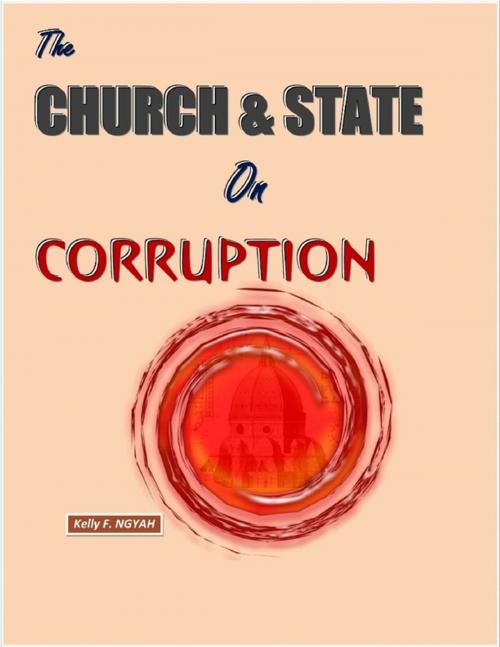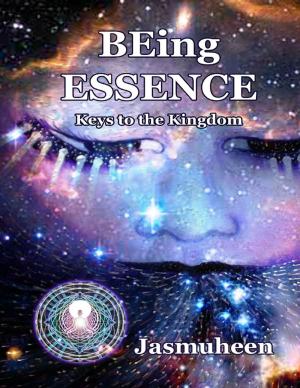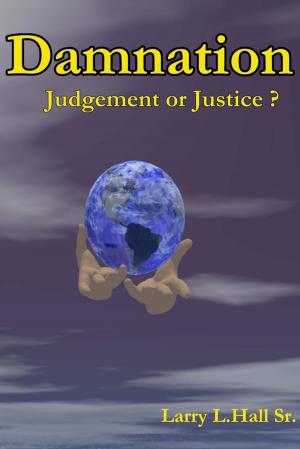| Author: | Kelly NGYAH | ISBN: | 9781329158498 |
| Publisher: | Lulu.com | Publication: | May 23, 2015 |
| Imprint: | Lulu.com | Language: | English |
| Author: | Kelly NGYAH |
| ISBN: | 9781329158498 |
| Publisher: | Lulu.com |
| Publication: | May 23, 2015 |
| Imprint: | Lulu.com |
| Language: | English |
History portrays the Church and State as sisters in combating the phenomenon of corruption within separate agendas but political philosophies deny their Unitarian focus while extremist religious theology forbids their missionary similitude. However, the Church and State have an obligatory responsibility as partners to eradicate chronic societal ills―both from religious and circular perspectives. As a religious body, the church sees corruption in ‘sin’. As a circular concept, corruption is an unethical egoistic opportunity and a societal development ill. Reflecting on the works of both institutions, the conceptual values that instigate either liberal or religious citizen-ships in the fight against corrupt practices is addressed. Since corruption is an age-longed phenomenon in existence before the Church and State and seemingly heavier to be handled singly, there is therefore significant need to combine efforts and fully dedicated wills of both institutions in the legendary combat.
History portrays the Church and State as sisters in combating the phenomenon of corruption within separate agendas but political philosophies deny their Unitarian focus while extremist religious theology forbids their missionary similitude. However, the Church and State have an obligatory responsibility as partners to eradicate chronic societal ills―both from religious and circular perspectives. As a religious body, the church sees corruption in ‘sin’. As a circular concept, corruption is an unethical egoistic opportunity and a societal development ill. Reflecting on the works of both institutions, the conceptual values that instigate either liberal or religious citizen-ships in the fight against corrupt practices is addressed. Since corruption is an age-longed phenomenon in existence before the Church and State and seemingly heavier to be handled singly, there is therefore significant need to combine efforts and fully dedicated wills of both institutions in the legendary combat.















